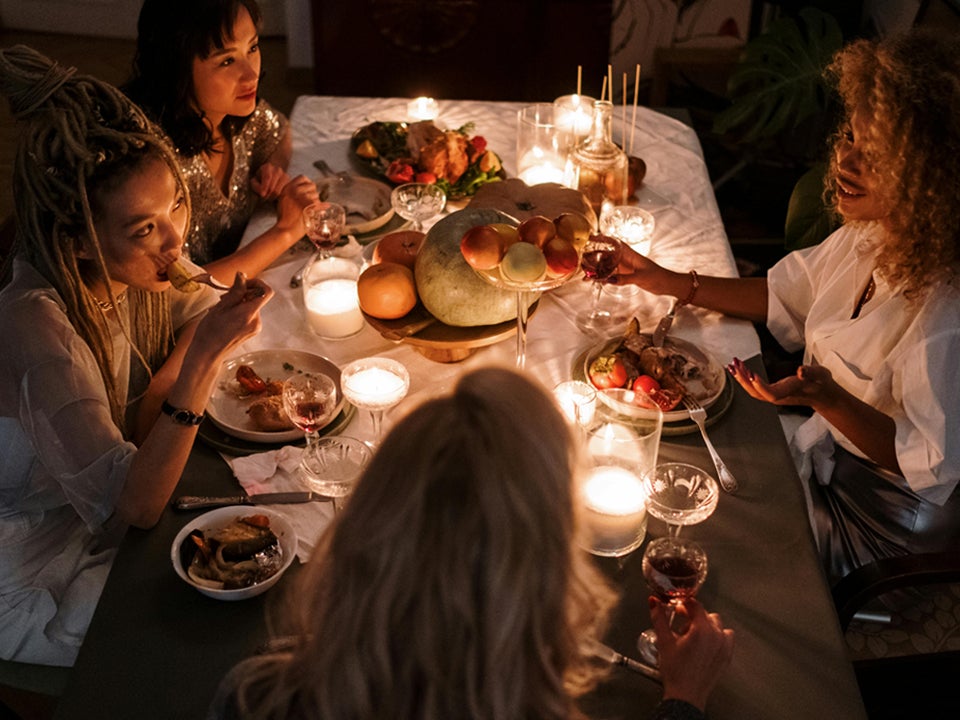Insights & News
Stay ahead of the curve with the latest: Discover breaking culinary news, fresh restaurant launches, exclusive chef interviews, and thought-provoking articles.

Take the survey and get our new holiday season table guide
Stay ahead of the curve with the latest: Discover breaking culinary news, fresh restaurant launches, exclusive chef interviews, and thought-provoking articles.

Take the survey and get our new holiday season table guide
